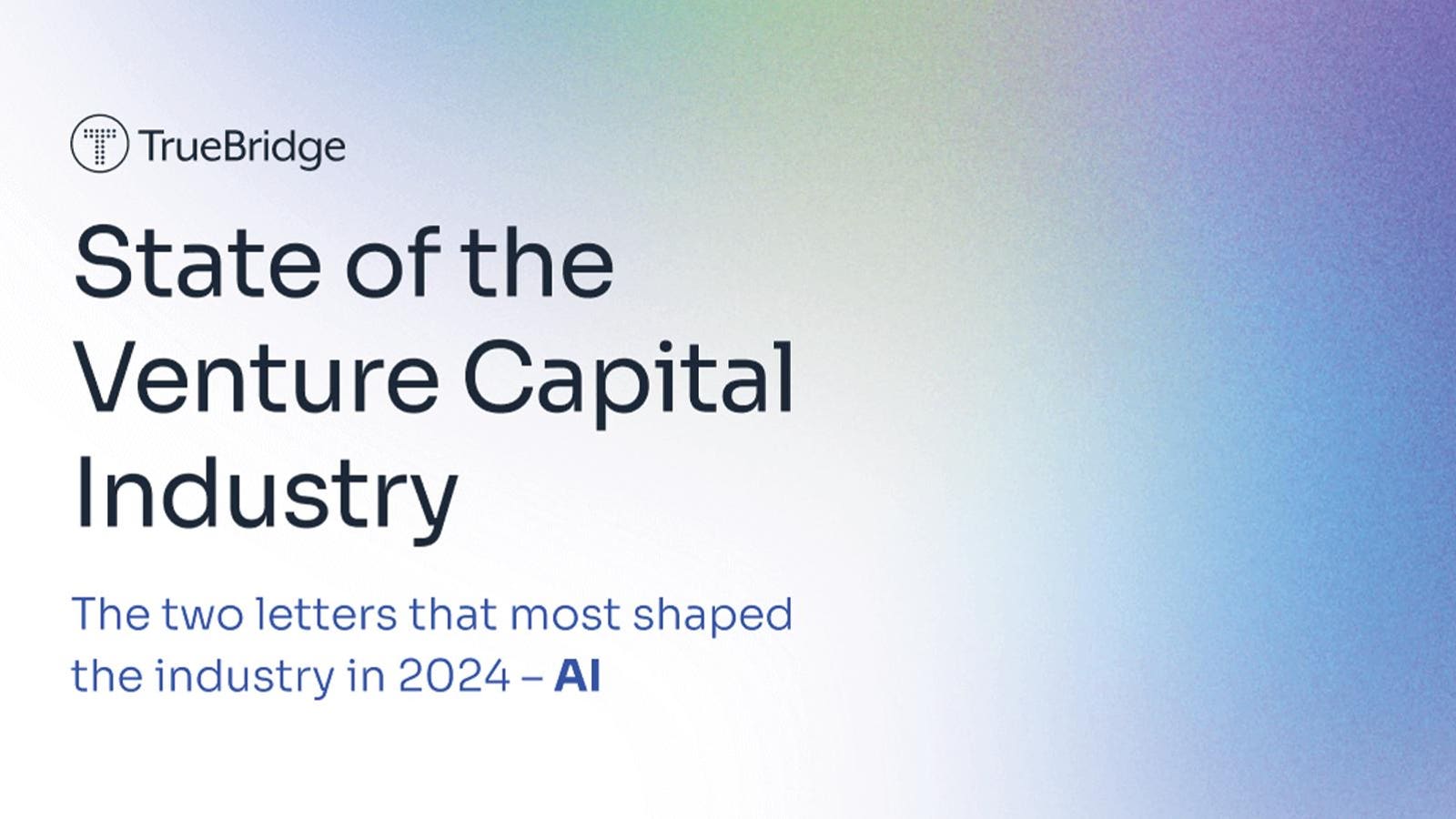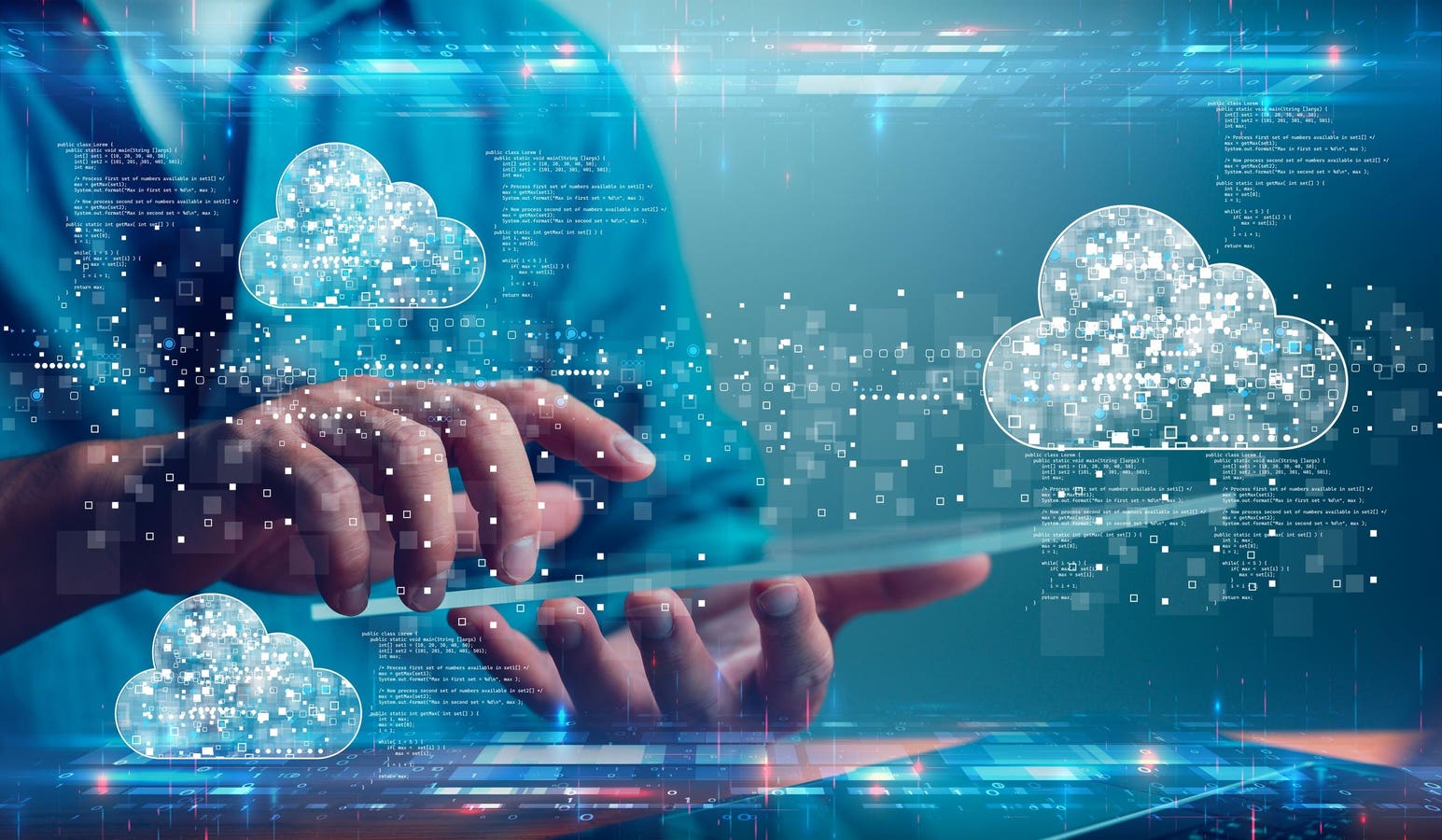Year 2026 in glowing purple text on a futuristic, glowing blue cube processor, CPU chip. Concept for technology trends, AI, digital transformation, and the future.
getty
Today’s world is characterized by exponential changes in technology. The White House announcement of the Genesis Mission seeks to achieve that description and goal. “This order launches the ‘Genesis Mission’ as a dedicated, coordinated national effort to unleash a new age of AI‑accelerated innovation and discovery that can solve the most challenging problems of this century. The Genesis Mission will create a combined AI platform to use Federal scientific datasets—the largest collection of such data in the world, built over many years of Federal funding—to train scientific foundation models and develop AI agents that can test new ideas, automate research tasks, and speed up scientific discoveries.
https://www.whitehouse.gov/presidential-actions/2025/11/launching-the-genesis-mission/
This mission is not merely another government program; it represents a bold strategic move that aligns with my belief that science, data, and computing should be regarded as essential components of our national strength rather than optional extras. I wrote a book called Inside Cyber: How AI, 5G, IoT, and Quantum Computing Will Transform Privacy and Our Security. In the book, I stated that we are no longer in an era where small changes suffice. The real world and the digital world have merged. Deep-learning AI, quantum computing, and networked sensors were once only concepts in science fiction. They are real and strong.
Big Data concept. Digital neural network.Business woman hand touching Introduction of artificial intelligence. Cyberspace of future.Science and innovation of technology.
getty
Why this is important
1. Research silos are giving way to new ideas for integrated platforms.
Our previous R&D model was highly compartmentalized, with individual labs conducting their own research, universities focusing on domain-specific science, and private businesses seeking opportunities. The Genesis Mission proposes a more integrated model that combines data sets from the federal government, computing power from national labs, and AI/agentic capabilities. This synthesis represents the fundamental model for science that I have been advocating for a long time. The “merged physical/digital” age requires us to break down barriers between scientific disciplines, data frameworks, and computational architectures.
2. We need to prioritize our national capabilities.
The mission focuses on advanced manufacturing, biotechnology, quantum science, critical materials, and fusion energy, which closely resembles my vision for our country’s future. These are not optional excursions. It’s important for strategy. The United States must take the lead in these areas rather than follow. The alternative option is to let others take the lead while we try to catch up.
3. The workforce, talent, and access are essential for everyone.
In Inside Cyber, I stressed that technology alone isn’t enough; people also matter. We need to locate, hire, and keep excellent employees. The Genesis Mission’s promise of fellowships, apprenticeships, and partnerships for innovation is a big step forward. We unlock potential across the entire ecosystem—not just in elite labs—by providing students, researchers, and businesses with access to world-class computing and data.
4. The experimental economy is characterized by its speed and scale.
One of the best aspects of this new model is its speed. You can cut down on cycle times by combining large, curated scientific datasets with supercomputing, AI simulations, experimentation, and feedback loops. We can now complete a material science discovery in months or even weeks, a process that previously took years. That is the kind of disruptive efficiency I envisioned when I wrote about the “4th Industrial Era.”
5. Establishing security and governance at the outset is crucial.
risk management concept hand drawn on chalkboard
getty
In my commentary, I have consistently stated that new technology without risk management is a bad idea. Technologies don’t just bring hope; they also make things less safe. The focus of the Genesis Mission on cybersecurity, data protection, supply chain resilience, and governance shows that its creators recognize the significance of these elements. This technology is not an afterthought; it is a crucial part of the plan.
If executed well, the Genesis Mission can produce a cascading set of positive outcomes. They include breakthroughs in energy (e.g., fusion) or materials that unlock whole new industry sectors. A resilient national innovation infrastructure that doesn’t just spin off one breakthrough but becomes an ongoing engine. A We need a workforce pipeline of individuals who are fluent in science, data, AI, and engineering to carry us into the next era. A signal to global competitors that the United States isn’t idle—it is fully mobilized for the technology-driven future.
It is not sufficient to address standards, interoperability, and data quality only at a later time. The structure, annotation, and accessibility of large, curated datasets are essential for the effectiveness of these technologies. Funding must be maintained over the long term. For these kinds of projects to be useful, they need to be ongoing.
I highlighted that challenge in my Forbes article, “Academia, Industry, and Government Can Create Innovative Partnerships and Help Secure Our Digital Future.” “It is evident that science and technology will continue to pave our paths at an increasingly rapid rate and the entrepreneurial system will play an integral role in innovating that future. For companies aiming to excel in the new digital economy, achieving the business objectives of reliability, quality, and cost-efficiency is integral to success. How we harness technology for good and train workers depends on the coordination among academia, government, and industry. https://www.forbes.com/sites/chuckbrooks/2023/07/13/academia-industry-and-government-can-create-innovative-partnerships-and-help-secure-our-digital-future/
For too long, we have considered science and technology to be secondary to our national strategy. The Genesis Mission reverses that idea by prioritizing science and computing as the most crucial components of national strength. We need that kind of vision right now, especially as the line between the digital and physical worlds becomes increasingly blurred, as enemies emerge not just across borders but also in cyberspace, and as breakthroughs impact both the economy and security.
The Genesis Mission to harness AI represents a defining moment for science, security, and innovation. I think this is a vital initiative. I urge leaders in government, academia, and business to see it not as a project but as the foundation for our future. The question now is: will we follow through? I think we will, and we have to.









